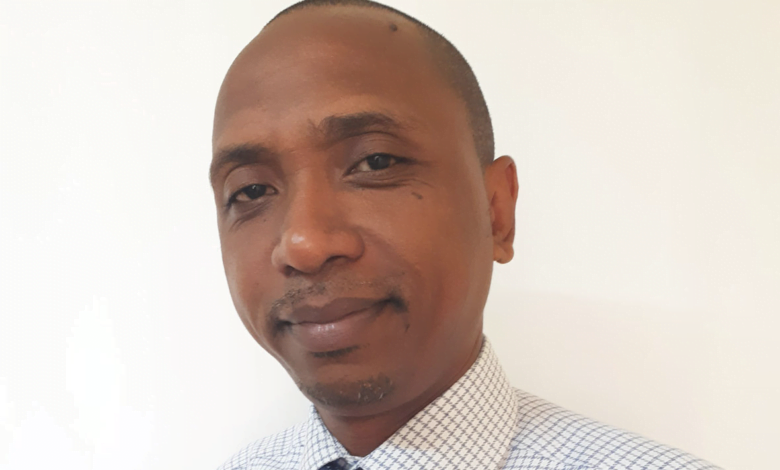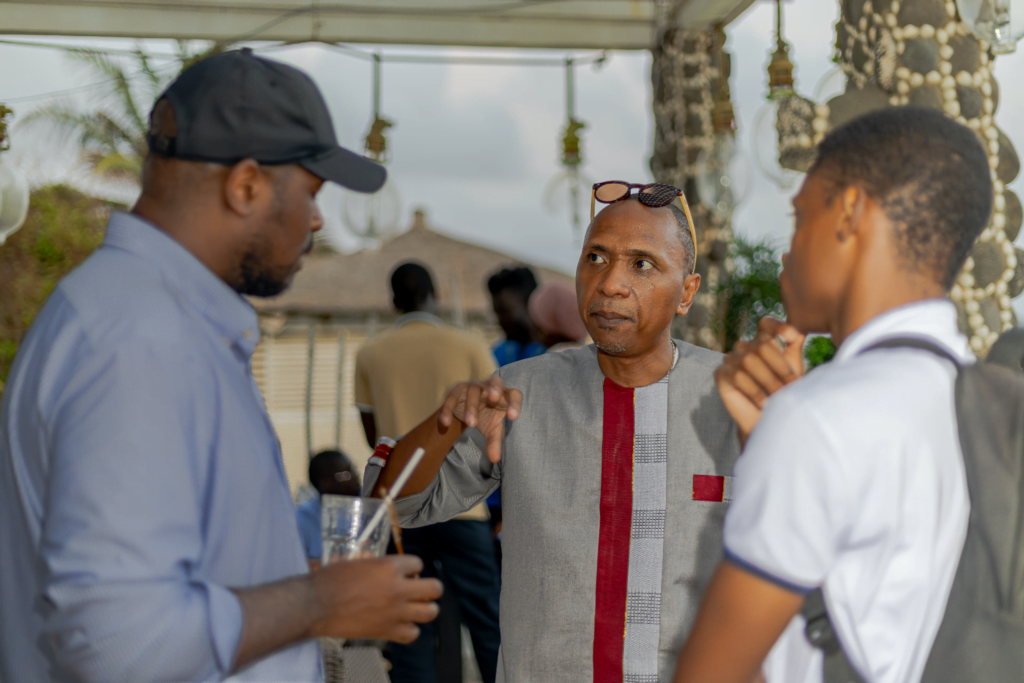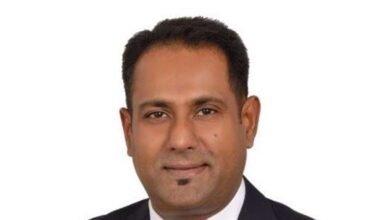“Slowing Financing Hits African Innovation : Challenges and Opportunities”
In a context of financial decline for innovation in Africa, at least seemingly, Rivolala RATSIMANDRESY, who has been accompanying entrepreneurs in their quest for financing for several years, explores the challenges and emerging opportunities, emphasizing the crucial need to consolidate the continent's technological ecosystems.

By Rivolala RATSIMANDRESY, CEO of Rencontre des Entrepreneurs | RDE*
The investment data collection platform « Briter Bridge » in its latest report « Africa 2023 Investment Report, Crisis or Adjustment » reports a decrease in investment volume in African tech, recording an annual decline of 21%, falling to just over $4 billion, compared to the $5.2 billion recorded in 2022. Moreover, the report specifies that this is the first decrease recorded in the last decade (2014-2023).
This observation of declining investment volume in tech is also shared by the conclusions of the « 2023 Africa Tech Venture Capital Report » by the Partech Africa investment fund, which observes a similar slowdown in venture capital financing.
Furthermore, both reports confirm the concentration of investment capture in four countries, namely Nigeria, Kenya, Egypt, and South Africa, which attracted 68% of the funding.
Considering this financing slowdown as an opportunity to consolidate our tech ecosystems and thus better align them with the real needs of our youth and our respective countries
What explains this decline? Has African tech become less attractive due to the lack of innovation expected by investors? Or is it a victim of ecosystems that are slow to organize and structure themselves? Or are investors disappointed with the expected return on investment from African startups? Alternatively, are African tech entrepreneurs not living up to expectations in terms of execution?
Can this decline also be linked to the repeated scandals beginning to hit African tech ecosystems? The recent turmoil faced by the Ghanaian startup « Dash » is one example among others.
The lack of available and precise studies on each of the questions raised above prevents us from concluding with a rational and factual answer to each of the questions posed. Nevertheless, it seems pertinent to consider this financing slowdown as an opportunity to consolidate our tech ecosystems and thus better align them with the real needs of our youth and our respective countries.
First and foremost, we need to revisit this decline in financing: if confirmed, on a continental scale, it is clear that successful startups continue to raise funds.
This is the case, for example, with three Senegalese startups: LafricaMobile, led by its founder Malick Diouf, which raised €4.3 million in Series A funding; Logidoo, founded by Tamsir Ousmane Traore, which also raised €1.55 million in Series A funding; and Maad, founded by Sidy Niang and Jessica Long, which raised €2.9 million in seed funding.
We can also mention the Nigerian startup Seamix, which raised €4.1 million in Series A funding, and the Egyptian startup Swypex, which raised €3.7 million in seed funding.
More broadly, as mentioned in the reports cited above, the number of transactions increased by 11% in 2023, reaching over 1,080 deals, compared to 975 in 2022.
While fundraising is an exercise that requires resilience from the founder and their team to see it through, the main reason for a fundraising is primarily based on an innovative project (technologically speaking), led by a complementary team that must demonstrate its ability to execute the project, and finally, a promising market, both for the targeted segments and for the expected return on investment from investors.

From my point of view, this decline in financing can be analyzed on three levels. Firstly, this decline in financing can be seen as a step back by investors (venture capitalists). They came into a non-existent market barely a decade ago with all possible and imaginable mistakes made on both sides.
Secondly, this decline can also be analyzed as a better allocation of funding towards the most successful startups by VCs. This would be excellent news for each of our tech ecosystems. Indeed, there is nothing worse than operating in an ecosystem filled with « zombie » startups, i.e., startups that exist only thanks to external funding and not because of the purchase of their product or service by their customers.
Finally, we can analyze this decline as a misunderstanding between the expectations of a venture capital (VC) fund of an African startup and what African tech can currently offer. There are hardly any patents filed by African tech that would validate the technological innovation aspect of their work. Most operate on the « copycat » model or adaptation of what exists elsewhere. As the proverb says, even the most beautiful woman in the world can only offer what she has.
Moreover, although the African market is very promising in many respects: a young population, a rising demography, real market opportunities where demand often exceeds supply, however, there are currently many challenges.
We can mention the cost of access to connectivity, which remains often too high in most of our countries even if significant efforts have been made. We can also mention the gap in the training of our youth. While short coding courses abound, it is clear that these courses will never replace the curriculum of engineers, of which our continent is sorely lacking.
Defining its own codes
This decline in financing for African tech can also be an opportunity for African tech actors to define their own codes based on the experiences of the last decade. The idea here is not to reinvent the wheel but to assert to VCs what makes the specificity of the African tech ecosystem.
I am aware that Kenya is not Senegal and that Côte d’Ivoire is not South Africa. However, the challenges faced by African tech ecosystems have a common denominator.
Thus, for example, I can propose as a specific criterion the ability of the startup, not only to create employment but above all to train young people continuously throughout the life of the startup. Training young people remains the real challenge that our continent must overcome if we want to accelerate to achieve our goals. That’s why from my point of view, startups have an important role to play in this regard.
I can also cite as a strong criterion to be implemented in the appropriation of the startup concept on our continent, the encouragement of our daughters, our sisters in this sector of tech currently dominated by young men. Efforts are being made but from my point of view, they are too scattered and not concentrated enough to bring about the impact as we wish.
Call to Africans living on the continent as well as the diaspora to invest massively not only in the technology sector but especially in African SMEs
I cannot finish this column without calling on Africans living on the continent as well as the diaspora to invest massively not only in the technology sector but especially in African SMEs.
In the collective consciousness, investment necessarily means a large sum and remains in the domain of multinationals or wealthy individuals. Nothing could be further from the truth!
An investment is the provision of a project, in which one believes, with a sum of money that is not needed in the short or medium term. An investment is therefore necessarily long term.
I take this opportunity to clarify that a placement is different from investment.
When VCs provide capital to a startup, they are investing and not placing. Indeed, given the inherent risk in the startup activity, investors have a high chance of losing the money they have provided if the potential identified with the startup or company has not been transformed into real business.
The Senegalese diaspora sends more money to their country of origin than Senegal receives in development aid ($2.5 billion/year). Yet what do we observe? These funds received are neither optimized in terms of collection nor in terms of allocation to projects that create value and/or create employment.
Nigeria and Egypt also have a very strong diaspora abroad. It is clear that we arrive at the same conclusion as Senegal.
If real estate is the natural investment sector for Africans, however, upon closer inspection, it is more speculation than what can be called investment. To be convinced of this, one only needs to look at the prices per square meter practiced in our respective capitals.
In recent years, there has been a significant number of different investment vehicles launched by visionary African investors covering various sectors and in various capitals
In conclusion, it is worth noting the emergence in recent years of a significant number of different investment vehicles launched by visionary African investors covering various sectors and in various capitals. We can cite some notable examples Adiwalé, Jangoo (Côte d’Ivoire), Partech, Teranga Capital, WIC, We fund (Senegal), Ciwara Capital (Mali & Senegal), Breega (Paris, London).
There is therefore nothing tragic about the temporary decline in financing for the African tech ecosystem.
The alarm signal can be activated if and only if this decline persists. As the wise man said: the future belongs to those who believe in the beauty of their dreams. We are the future.
Africally yours.
*Rivolala RATSIMANDRESY co-founded Rencontre des Entrepreneurs in September 2014, the first Private Accelerator for SMEs in Senegal, whose mission is to identify SMEs with high potential to make them champions by giving them access to capital, the best skills, and a network.
To learn more : www.entrepreneursenegal.com







